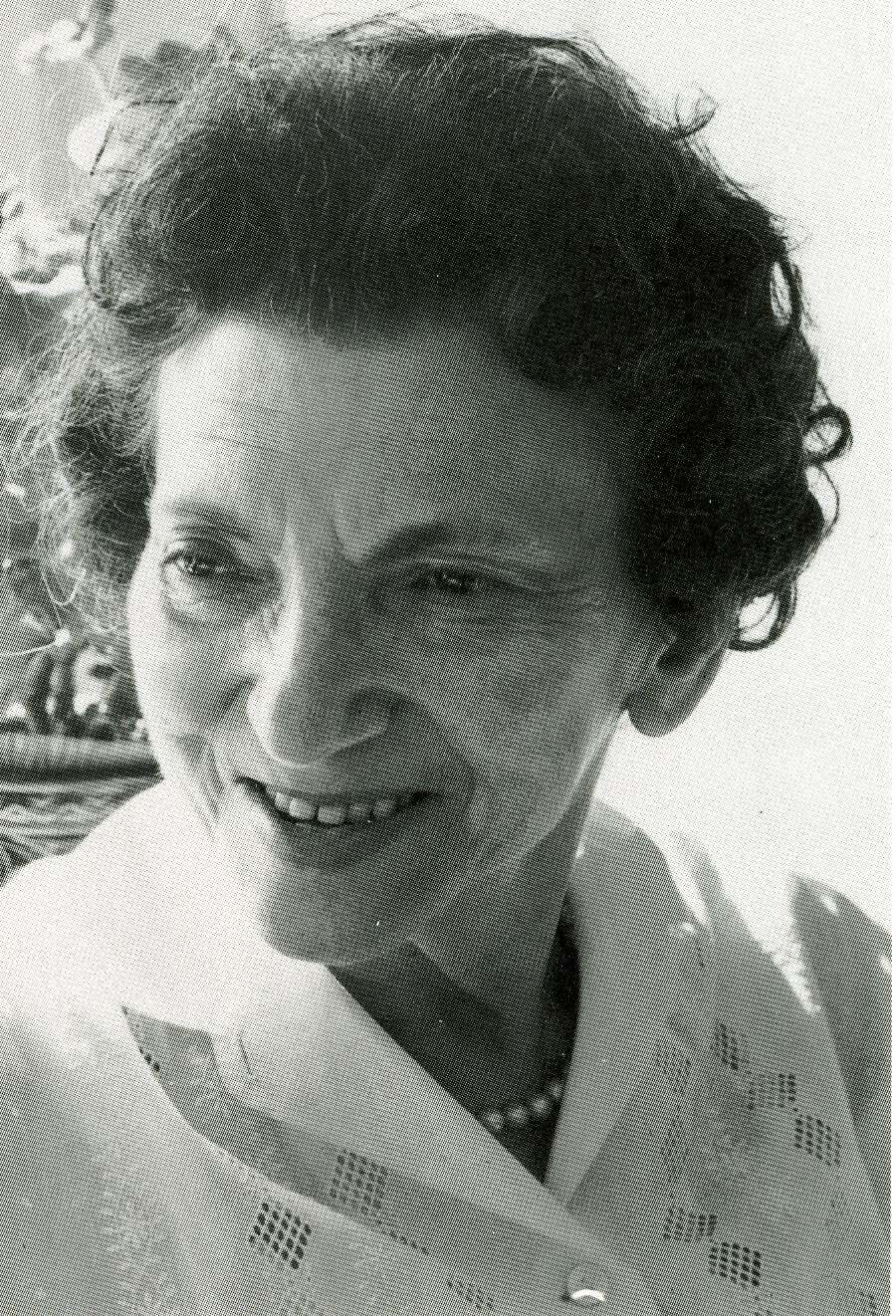Books & Poetry - 5 December 2021 by C. Mauer
ROSE AUSLÄNDER
the outstanding poet who lived in Düsseldorf

Rose Ausländer
Courtesy of Helmut Braun
Rose Ausländer is one of the most important German-language poets of the 20th century. She lived in Düsseldorf from 1965 until her death in 1988. Her oeuvre includes more than three thousand poems of great fascination, which are marked by her eventful life. Rose Ausländer had to overcome great disadvantages in her life: She was a woman and had to earn her own living under difficult circumstances, and she was Jewish. She survived the persecution and the ghetto wounded in body and soul. Her work went unnoticed for decades.
She was honored with numerous German literary and poetry awards. Her poems are pure and unadorned and uninfluenced by the literary trends of her time. Some poems are romantic, others bear witness to great sorrow and grief. Her estate is now administered by the Cologne publisher Helmut Braun, who wrote that Rose Ausländer's literary secret was "to say all of me, with the love of you." with "words as strong as the breath of the earth."
3 POEMS BY ROSE AUSLÄNDER
Ich
By Rose Ausländer
bin
eine Koralle
im Meer der
Erinnerungen
und warte
auf den Wind
Prinzessin
fisch
mich auf
leg mich
um deinen Hals
Das wär
mein Glück
----------
Ich weiss nur
By Rose Ausländer
Du fragst mich
was ich will
Ich weiß es nicht
Ich weiß nur
dass ich träume
dass der Traum mich lebt
und ich in seiner
Wolke schwebe
Ich weiß nur dass ich
Menschen liebe
Berge Gärten das Meer
weiß nur daß viele Tote
in mir wohnen
Ich trinke meine
Augenblicke
weiß nur
es ist das Zeitspiel
Aufundab
----------
Noch bist du da
By Rose Ausländer
Wirf deine Angst
in die Luft
Bald
ist deine Zeit um
bald
wächst der Himmel
unter dem Gras
fallen deine Träume
ins Nirgends
Noch
duftet die Nelke
singt die Drossel
noch darfst du lieben
Worte verschenken
noch bist du da
Sei was du bist
Gib was du hast
Rose Ausländer was born in 1901 in Czernowitz, the capital of the Austro-Hungarian crown land of Bukovina. She grew up in a liberal German-Jewish home. At that time Czernowitz was a cultural metropolis in which Germans, Jews, Romanians, Russians, Poles and Ukrainians lived together and formed a literary landscape, which unfortunately perished in 1944. Important authors from that time are Paul Celan and Rose Ausländer.
Together with her student friend and later husband Ignaz Ausländer, she left Bukovina in 1921 on the advice of her mother and emigrated to the USA. In America she began writing and her first poems appeared. In 1926 she separated from her husband and in the same year she received US citizenship.
In 1927, she returned to Bukovina to care for her ailing mother. There she met Helios Hecht, a cultural journalist and graphologist. In 1928, the couple traveled together again to New York, where Rose Ausländer published a number of poems and feature articles in German-language American newspapers in the following years.
In 1931 Ausländer returned to Czernowitz with Hecht. She worked as an author, but also as an English teacher and foreign language correspondent. Her second marriage to Hecht also ended in divorce.
She returned to the U.S. briefly, but soon left again, again to care for her ailing mother in Cernowitz. As a result of the Hitler-Stalin Pact of 1939, Soviet troops occupied Czernowitz and northern Bukovina in June 1940. Ausländer was arrested as an alleged U.S. spy by Soviet domestic intelligence and released from prison after four months in custody. She was arrested a second time and imprisoned in the city's ghetto. There she met Paul Celan.
In the spring of 1944, the Red Army marched into Czernowitz and liberated the few surviving Jews. Rose Ausländer traveled via Romania back to New York and worked again as a foreign language correspondent. She wrote her poems exclusively in English until 1956.
In 1964 Rose Ausländer moved to Vienna and arrived in Düsseldorf in 1965. As a persecutee of the Nazi regime, she received compensation and drew a pension. Until 1971, Rose Ausländer traveled extensively throughout Europe, especially to Italy, and in 1968/69 for the last time to the U.S. In 1972, she moved to the Nelly Sachs House, the retirement home of the Düsseldorf Jewish Community. It was Rose Ausländer who suggested that the retirement home be named after Nelly Sachs.
Despite her great work, Rose Ausländer was not yet very well known, but this changed when she met the publisher Helmut Braun in 1975. In 1976 the volume "Gesammelte Gedichte" (Collected Poems) was published by the literary publishing house Braun, Cologne.
After a fracture of the neck of the femur, from which she never recovered, Rose Ausländer decided in 1977 not to leave her room. Until her death in 1988, she concentrated only on writing, and her publisher published numerous volumes of poetry that achieved high circulations. Today, the estate of her works is kept at the Heinrich Heine Institute and the estate is administered by the Rose Ausländer Society founded by her publisher Helmut Braun. Rose Ausländer found her final resting place in the Jewish cemetery on the grounds of the Nordfriedhof Düsseldorf.
Quellen:
Helmut Braun, „Rose Ausländer: Gedichte“, Apr 9th, 2019:
http://www.planetlyrik.de/rose-auslaender-gedichte/2019/04/
Helmut Braun:
http://www.roseauslaender-gesellschaft.de
Hanne Tyslik: „Rose Ausländer Leben und Werk“, 10. Juli 2019
https://www.text-feinschliff.de/rose-auslaender-leben-und-werk/
https://de.wikipedia.org/wiki/Rose_Ausländer


